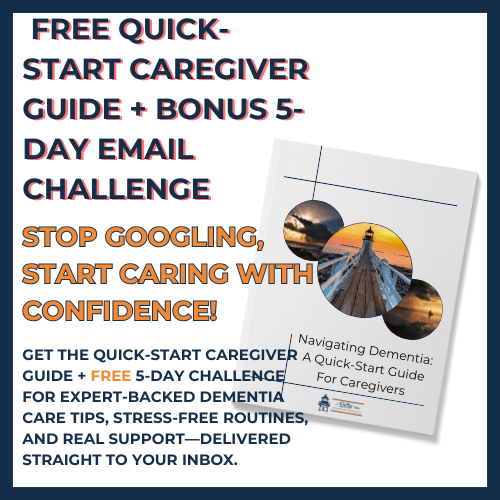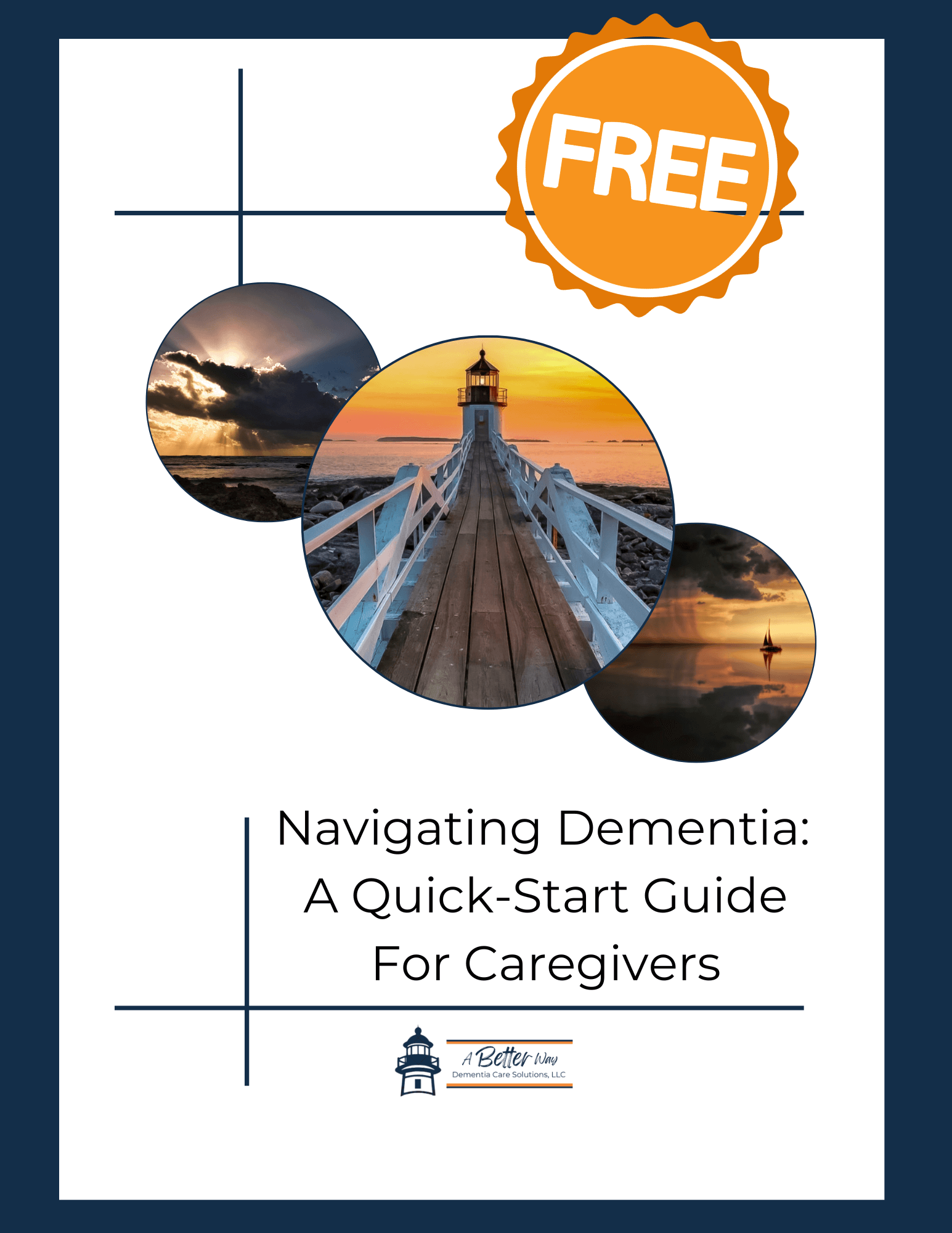
Driving represents independence, freedom, and control over daily life. But for individuals with dementia, cognitive decline can make driving unsafe, posing risks not only to themselves but also to others on the road. Recognizing when it’s time for the person you care for to stop driving is one of the most challenging yet crucial responsibilities of a caregiver. In this guide, we’ll explore the warning signs, strategies for having the conversation, and practical steps to ensure a smooth transition.
Recognizing the Signs: When Is It Time to Stop Driving?
Dementia affects memory, judgment, reaction time, and spatial awareness— all of which are essential for safe driving. Here are key warning signs that indicate driving is no longer safe:
✔ Confusion While Driving – Getting lost on familiar routes or feeling disoriented behind the wheel.
✔ Poor Decision-Making – Making risky maneuvers like running stop signs, misjudging distances, or driving too fast or too slow.
✔ Frequent Close Calls or Accidents – Dents, scrapes, or recent accidents indicate declining driving abilities.
✔ Difficulty with Traffic Signals and Signs – Delayed responses or inability to follow road signs or recognize hazards.
✔ Increased Anxiety or Agitation While Driving – Expressing fear or frustration while navigating roads.
✔ Concerns from Others – If family, friends, or medical professionals have expressed concern, it’s important to take action.
✔ Poor Decision-Making – Making risky maneuvers like running stop signs, misjudging distances, or driving too fast or too slow.
✔ Frequent Close Calls or Accidents – Dents, scrapes, or recent accidents indicate declining driving abilities.
✔ Difficulty with Traffic Signals and Signs – Delayed responses or inability to follow road signs or recognize hazards.
✔ Increased Anxiety or Agitation While Driving – Expressing fear or frustration while navigating roads.
✔ Concerns from Others – If family, friends, or medical professionals have expressed concern, it’s important to take action.
If you’re noticing these signs, it may be time to initiate the conversation about driving cessation.
How to Talk About Stopping Driving
Bringing up the topic of stopping driving can be difficult, especially if the person you care for is resistant. Here are strategies to make the conversation smoother:
🔹 Start Early – Introduce the idea of limiting driving in the early stages of dementia while they are still capable of making decisions.
🔹 Use Empathy, Not Authority – Instead of saying, "You have to stop driving," try, "I know how much driving means to you, and I want to keep you safe."
🔹 Involve a Trusted Professional – A doctor, occupational therapist, or driving specialist can provide an unbiased opinion.
🔹 Present Alternatives – Having transportation options available (family, rideshare services, or local senior transport) can make the transition easier.
🔹 Make It a Gradual Transition – If possible, start by reducing driving distances or limiting driving to daylight hours before stopping completely.
🔹 Use Empathy, Not Authority – Instead of saying, "You have to stop driving," try, "I know how much driving means to you, and I want to keep you safe."
🔹 Involve a Trusted Professional – A doctor, occupational therapist, or driving specialist can provide an unbiased opinion.
🔹 Present Alternatives – Having transportation options available (family, rideshare services, or local senior transport) can make the transition easier.
🔹 Make It a Gradual Transition – If possible, start by reducing driving distances or limiting driving to daylight hours before stopping completely.
What to Do If They Refuse to Stop Driving
Resistance is common, but safety must come first. Here are some approaches to consider:
✔ Have Their Doctor Assess Driving Ability – A physician can conduct cognitive tests and recommend a driving evaluation.
✔ Request a Professional Driving Evaluation – Organizations like the Association for Driver Rehabilitation Specialists (ADED) offer professional assessments.
✔ Contact the DMV – Some states allow family members to report unsafe drivers anonymously.
✔ Disable the Car – Removing the keys, disconnecting the battery, or selling the car are last-resort options if safety is at risk.
✔ Request a Professional Driving Evaluation – Organizations like the Association for Driver Rehabilitation Specialists (ADED) offer professional assessments.
✔ Contact the DMV – Some states allow family members to report unsafe drivers anonymously.
✔ Disable the Car – Removing the keys, disconnecting the battery, or selling the car are last-resort options if safety is at risk.
Final Thoughts
Helping a person with dementia stop driving is an emotional and challenging process, but it is necessary for their safety and the safety of others. By recognizing the signs, approaching the conversation with empathy, and providing alternative solutions, you can ensure a smoother transition.
If you need support navigating this difficult change, consider joining my caregiver coaching program. I can help guide you through conversations, legal considerations, and alternative solutions that fit your situation. Let’s work together to create a safer, more manageable caregiving journey.
Join Our Private Caregiver Community
If you're looking for a safe space to share your caregiving experiences, ask questions, or simply connect with others who understand the challenges you face, join our private Facebook support group for caregivers. It's a supportive, empathetic community where you can find encouragement and answers when you need them most. Click here to join.
Subscribe to Our Newsletter & Download Your Free E-Book
For more valuable tips, resources, and updates on dementia care, click here to subscribe to our newsletter today!
Download Our FREE E-Book. CLICK HERE

Disclaimer
The information contained in this blog post is for general educational and informational purposes only and should not be construed as legal advice, financial advice, health advice, or medical advice. The information provided is not a substitute for advice from a qualified professional who is aware of the facts and circumstances of your individual situation. We expressly recommend that you seek advice from a professional familiar with your specific situation.
Want to keep figuring this out together?
Subscribe to Finding Our Way in Dementia Care and get honest stories, helpful tips, and gentle support delivered to your inbox every week. Just real talk, grounded care, and space to breathe.
Subscribe to Finding Our Way in Dementia Care and get honest stories, helpful tips, and gentle support delivered to your inbox every week. Just real talk, grounded care, and space to breathe.
Kind truth. Clear steps. Warm guide.













